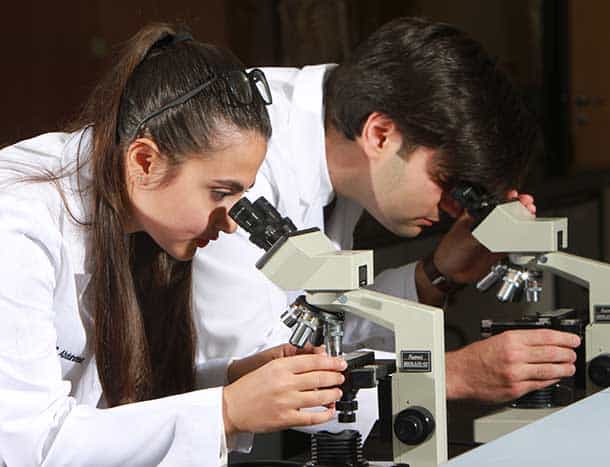-
Manufacturers can carry out trials at a fraction of cost in Europe, US
-
National Health Regulatory Authority responsive to safe, quality research trials
A clinical trials unit in Bahrain has said it can enable pharmaceutical manufacturers across the world to carry out clinical trials faster than in Europe and America while aiming for access to the Gulf market.
Established by the Royal College of Surgeons in Ireland (RCSI) Bahrain, a non-profit healthcare education and research institution, the clinical trials unit can help manufacturers acquire approval for clinical trials quickly in the country.
Zawya reported that the unit’s supporter, the National Health Regulatory Authority (NHRA), is responsive to research trials that can then be carried out safely and to rigorous international standards.
RCSI recently completed two national clinical trials involving COVID patients, the first around the effectiveness of convalescent plasma from recovered patients, and the second a comparative trial of the effectiveness of the drug Favipiravir against hydroxychloroquine. The third trial in Bahrain worth around $1.7 million is currently underway.
Professor Stephen Atkin, Head of School of Postgraduate Studies and Research, RCSI Bahrain, said Bahrain offers all four requirements needed to conduct clinical trials– facilities, access to patients, regulation, and research integrity. He said facilities come at a fraction of the cost of Europe and America.
“There is a clear and growing opportunity for pharmaceutical companies to set up and trade in the Middle East region. But it’s not just about getting products into the market. You need a solid base to tap into the full potential the region has to offer,” said Atkins.
“We’ve found that it is much easier to access patients in Bahrain, despite its size, and the proactive approach to research by the NHRA is fostering a strong ecosystem that is encouraging more clinical researchers to work in Bahrain,” said Professor Atkin.








